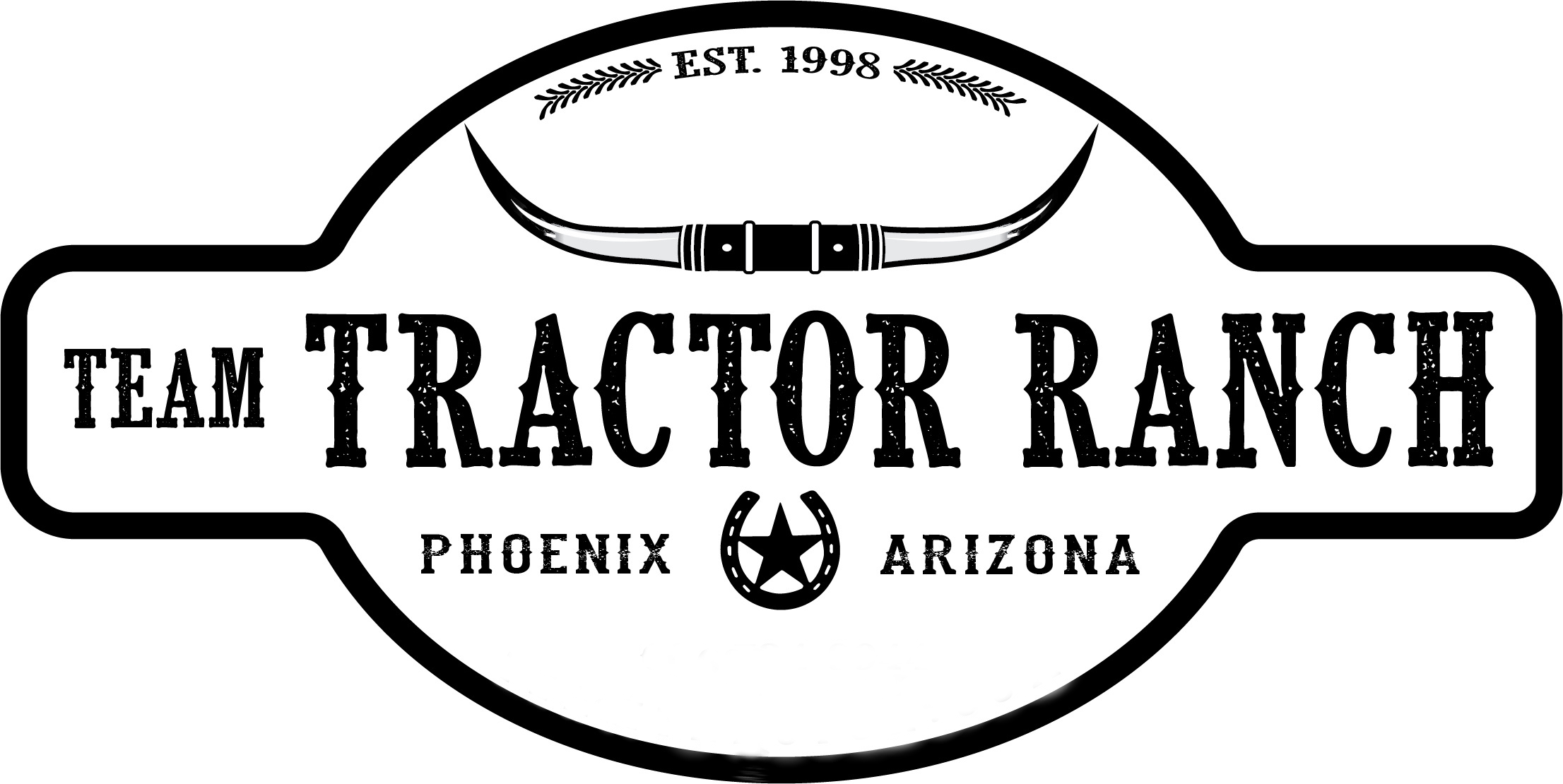Experts Say the Disasterous Microchip Shortage Is Going to Get Painful and Far Worse
Microchip Shortage About to Get So Ugly --- It Will Be Disaster Like Nothing We Have Ever Seen!
Tractors, implements, parts, cars, trucks, anything electronic --- RELY on microchips. And we are at scary low, almost extinct levels!
Welcome to the world of semiconductors: rooms bathed in yellow light — that color, least harmful to the tiny, light-sensitive circuit boards. And computers; computers everywhere, designed to assemble the tiny devices, completing tasks too complicated for human hands.
"We make computer chips to make computer chips," said Tom Sonderman, the president and CEO of SkyWater Technology, a Bloomington chip manufacturer. "We make millions of chips a year, is a simple way to think of it."
Semiconductors are also commonly known as microchips, or simply chips. The mini-circuitry is the brain inside almost any digital device.
"They go into telephones, computers, game consoles, all sorts of electronic gear," Scott Lambert, the president of the Minnesota Automobile Dealers Association, said. Fighter jets, hospital ventilators and cars all use them. The sophistication of the chips varies widely, depending on what they're used for.
Even with their tiny size, chip manufacturing is a complex process, involving hundreds of people. They're made in an area called a 'clean room,' which is more sanitary than a hospital operating room. "We have to control the number of particles in the room," explained Puteri Megat-Hameri, an associate professor of electrical and computer engineering at Minnesota State University, Mankato. "Making a chip, or building a chip requires a very clean environment. You do not want a speck of dust or particles to get on the chip because later, it will create a malfunction, in terms of electrical function of the chip." Designers use computer-assisted programs to etch layers of microscopic circuits — much like a 3D printer — onto silicon wafers. Then, the wafers are cut up into individual square or rectangular-shaped chips.
"You can see each one of these little squares is a computer chip," Sonderman said, pointing out the square outlines on a dinner plate-sized wafer. "So this one has about 250 computer chips on it." The whole process takes place inside a chip fabrication plant, or fab, for short.
Making a single chip can take six months.
But after a pandemic year, the U.S. faces bigger problems than manufacturing deadlines. "Right now we have an immediate chip shortage," Senator Amy Klobuchar (D-MN) said.
So how severe is the microchip shortage in the U.S.? "It's as severe as it can be," said Kingshuk Sinha, a professor and supply chain expert at the University of Minnesota. Kingshuk said chip demand unexpectedly skyrocketed during the pandemic, when stay-at-home people across the country bought millions of laptops and other electronics. "COVID-19 comes along, and all of a sudden we are hunkering down in our homes, and using technologies for all kinds of purposes, right?" he added.
It's not just in the home. The chip shortage is on full display in Kentucky, where thousands of Ford trucks, ready to be sold, sit idle because they don't have the needed chips. Dealer inventories have dropped from an average 90-day supply to just 30.
U.S. automakers, he said, are shipping out 3 million to 4 million fewer cars, all because of the shortage of tiny chip components.
There are about a dozen or so microchips in every vehicle.
Experts say the shortage didn't happen overnight.
The Semiconductor Industry Association says the U.S. share of global chip manufacturing has fallen from 37% in 1990 to 12% today. The trade group says other governments are investing in chip manufacturing incentives, while the U.S. has not. The U.S. Senate recently passed legislation to provide $52 billion to fund chip research, design and manufacturing initiatives. Even with government help, it will take the U.S. two to three years to catch up with its overseas competitors.
If you need any further help or have any questions about the microchip shortage, tractors, implements, or anything else equipment-related, please contact your dealer, local mechanic, or call us at 602-734-9944. Please ask about our current new and used tractor supply.
If you are looking for old, vintage, classic, or new tractor parts, send us a part request.
Team Tractor Ranch - #1 Tractor Dealer in Arizona. We sell and service most major brands of tractors including Yanmar, Kubota, John Deere, TYM, Mahindra, Kioti, Case, New Holland, Massey Ferguson, Ford, Deutz, Case IH, Farmall, International Harvester, Branson Tractors, LS, Shibura, Claas Tractor, McCormick Tractors, Valtra, Solis, YTO, Montana, and Nortrac.



